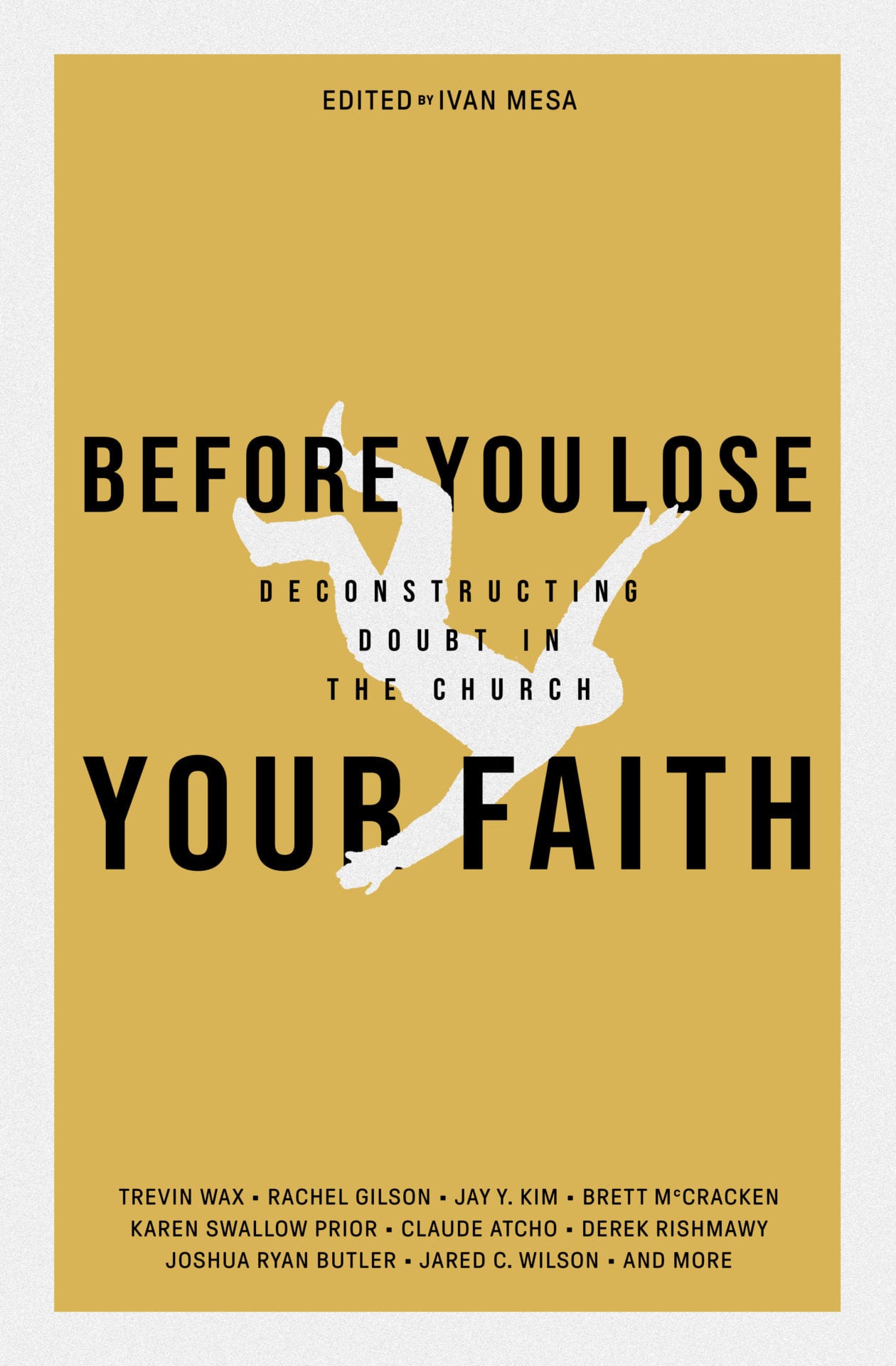You’ve probably seen the billboard that says, “Abortion stops a beating heart.” Honestly, I wish the billboard said something different. I wish it said, “Abortion stops beating hearts.”

That change is significant because it strikes at the core of what we as evangelicals mean when we talk about being “pro-life.” Abortion isn’t just sin against the unborn, though it certainly is that. And it’s not only a sin against the image of God, though we’re right to remind people that it is. Abortion is also a sin against women. It’s not just a killing of the body, but a killing of the conscience.
Our task as pro-life Christians is not only to advocate for laws that protect unborn children; it’s to advocate on behalf of the women walking toward the abortion clinic. And to do this we have to recognize that abortion is not ultimately about arguments, and it’s not ultimately about having the most persuasive political rhetoric. It’s often about something more primal.
When Satan Becomes Pro-Life
When I talk to those who’ve worked in abortion clinics, one thing they often tell me is that most of the women who come into their facilities aren’t talking about autonomy or choice. They don’t speak of their baby as a “blob of tissue.” Most of these young women understand exactly what is at stake, but they believe they have no other option and no other choice. Some of these women, even some of their doctors, are religious, and would identify as “pro-life” in a Pew poll. Yet when the moment of crisis comes—when the threats of shame and scandal and poverty feel imminent—these women see the abortion clinic as their only option.
What these women, and men, are unable to see is the deceitfulness of the Enemy. No one is more pro-choice than Satan on the way to the abortion clinic, and no one is more pro-life than Satan on the way out. Promises of freedom and relief are quickly turned into accusations and assaults on the soul. What seemed like the only way on Friday feels like an unthinkable atrocity on Sunday. And these crushed consciences slip in and out of morning worship, convinced that the preacher’s words about forgiveness and mercy and atonement apply to everyone else but them.
If being pro-life means anything, it means having a word not just for those walking toward the abortion clinic, but also for those walking out of it. We must have something to say when we see in our churches those women and men whose throbbing consciences are crying out against them. What do we tell them?
Resurrecting the Conscience
The first thing we must say is that their consciences are right. Clinic privacy laws cannot hide their choice from the knowledge of Christ. There is a holy judgment hanging on abortion, and the guilt they feel is real.
But we cannot stop there. Abortion kills the conscience, yes, but consciences can be brought to life again. The woman who’s had the abortion needs to know that, if she is hidden in Christ, God doesn’t see her as “that woman who had the abortion.” He hasn’t been subverted from sending her to hell because she found a gospel “loophole.” In Christ, she’s already been to hell. And in the resurrection of Christ, God has already told her what he thinks of her: “You are my beloved child, and in you I am well pleased.”
It’s not enough for our churches to believe in gospel reconciliation at the Judgment Seat of Christ. We must live it out in our fellowship halls, our small groups, our Sunday school classes. The church cannot preach that Christ became a curse for us while treating those who repent as still accursed. How much of the abortion clinic’s charm would be disarmed if our churches offered grace, friendship, and support rather than rumor, whisper, and scandal?
Abortion kills. It kills a human being, a child made in the image of God. But it also kills the conscience. “I have come,” Jesus declared, “that they may have life.” Let’s proclaim his grace—for the unborn as well as the twice-born.
Editors’ note: Russell Moore will be speaking at Evangelicals for Life, a first-ever major pro-life conference for evangelicals in conjunction with the March for Life that is hosted by the Ethics and Religious Liberty Commission, TGC, and Focus on the Family. For more information on the event, visit the Evangelicals for Life website.
Free Book by TGC: ‘Before You Lose Your Faith’
 Many young people are walking away from Christianity—for reasons ranging from the church’s stance on sexual morality, to its approach to science and the Bible, to its perceived silence on racial justice.
Many young people are walking away from Christianity—for reasons ranging from the church’s stance on sexual morality, to its approach to science and the Bible, to its perceived silence on racial justice.
TGC’s book Before You Lose Your Faith: Deconstructing Doubt in the Church is an infusion of hope, clarity, and wisdom in an age of mounting cynicism toward Christianity.
For anyone entering college or the workplace and looking for a timely reminder of why Christianity is good news in a skeptical age, make sure to get your FREE ebook Before You Lose Your Faith today!


































